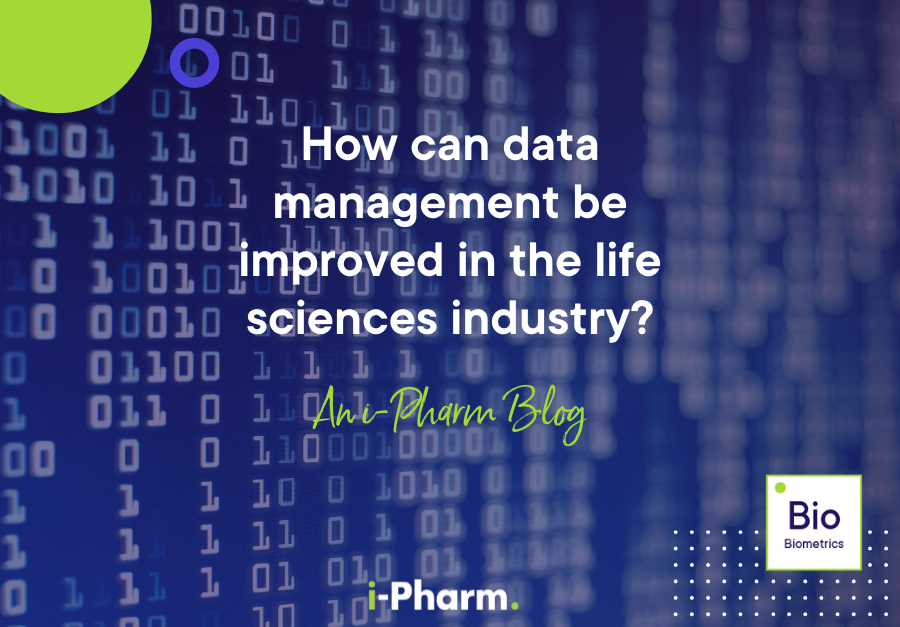How can data management be improved in the life sciences industry?
06 Mar, 20235 minutesThe Life Sciences industry has made great strides in recent years, but one area that still r...

The Life Sciences industry has made great strides in recent years, but one area that still requires improvement is data management. In today's digital age, data plays a crucial role in the success of any industry, and the life sciences industry is no exception. The massive amounts of data generated from research, clinical trials, and drug manufacturing processes can be challenging to manage effectively.
The current systems for data management in the life sciences industry are outdated, fragmented, and in many cases, manual. This can lead to lost or inaccurate data, delays in decision-making, and a lack of transparency in the supply chain.
This Insights article will explore why the life sciences industry still needs to improve the way it manages data and the technologies that can help improve supply chains throughout pharma.
Why does the Life Sciences Industry need to Improve Data Management?
- Lack of Standardisation.
The life sciences industry is plagued by a lack of standardization when it comes to data. A survey conducted by IQVIA found that only 31% of life sciences companies have a standardized approach to data management, with the remaining 69% relying on ad hoc methods and inconsistent data standards. This leads to inconsistencies in the data collected and stored, making it difficult for organizations to access, analyse, and utilize the data effectively. This can result in inefficiencies and missed opportunities for innovation
- Data Silos.
The large amount of data generated by the life sciences industry is often stored in silos, with different departments or systems using different formats and systems. This makes it difficult to share data between departments and to analyse data on a large scale. A report by IQVIA found that data silos in the life sciences industry result in significant inefficiencies in the drug development process, with an estimated delay of 6-12 months in the approval process due to difficulties in accessing and analysing data.
- Inadequate Data Security.
The life sciences industry handles a vast amount of sensitive and confidential data, such as patient information and intellectual property. The current data management systems in place may not be sufficient to protect this data from breaches and cyberattacks. A report by Accenture found that the life sciences industry is one of the most targeted industries for cyber-attacks, with 40% of companies reporting a breach in the past two years.
- Supply Chain Inefficiencies.
The life sciences industry relies heavily on complex supply chains, with multiple partners involved in the production and distribution of drugs. Inefficient data management can result in supply chain disruptions and slowdowns, leading to increased costs and decreased patient access to needed treatments. A survey conducted by Accenture found that 58% of life sciences companies struggle with supply chain inefficiencies, with a significant portion of these companies reporting supply chain disruptions due to data management challenges.
- Commercial and Operations (e.g., manufacturing, transport, sales, marketing, and supply monitoring)
Discover our life sciences jobs, visit our candidate's page or contact us today to see how we can unlock your potential.











